Christopher Nolan’s “Oppenheimer” was released in 2023. The blockbuster featured a star-studded cast, stunning visuals, and a storyline that enticed viewers around the world.
However, fans did notice Nolan and his team added fiction to enhance the story in certain scenes. Meanwhile, in other parts, it appears they simply got it wrong.
The Release of Oppenheimer
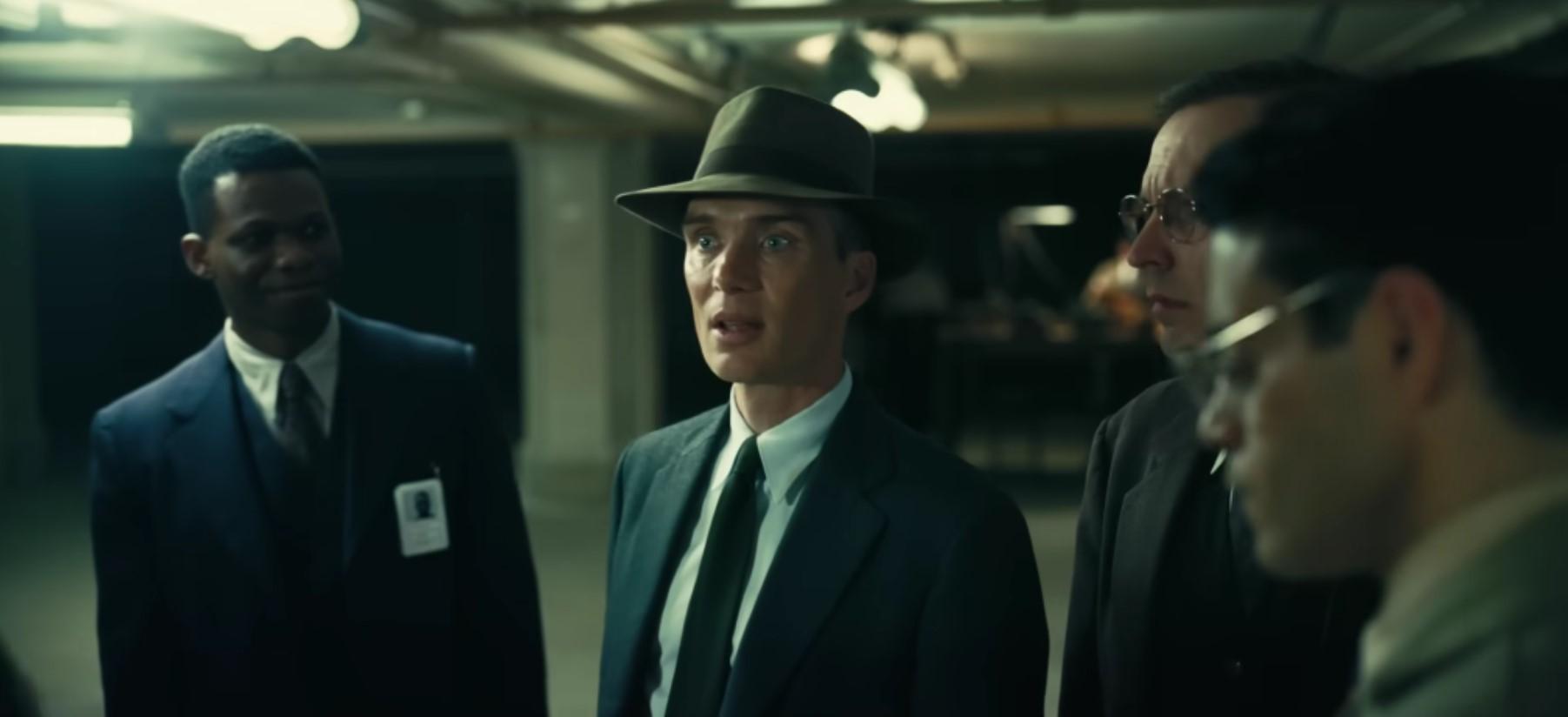
“Oppenheimer” retells the story of J. Robert Oppenheimer, a mid-20th-century physicist known best as the director of the Manhattan Project centered at Los Alamos Laboratory.
His work here during the 1940s earned the physicist the title “father of the atomic bomb.”
Christopher Nolan’s Masterpiece

Nolan’s highly anticipated “Oppenheimer” is heavily based on Kai Bird and Martin Sherwin’s book, “American Prometheus: The Triumph and Tragedy of J. Robert Oppenheimer.”
The movie was primarily focused on Oppenheimer’s work with the Manhattan Project. While considered historically and factually correct in many instances, fiction was added in places. Here are four things the movie got wrong.
The Bomb Wasn’t Aimed at Ending the War

“Oppenheimer” does a great job of convincing viewers the main reason behind the construction of an atomic weapon was to end World War II.
However, according to Alex Wellerstein, a historian of science and nuclear technology, this isn’t exactly true.
Not How It Was Discussed During the Era
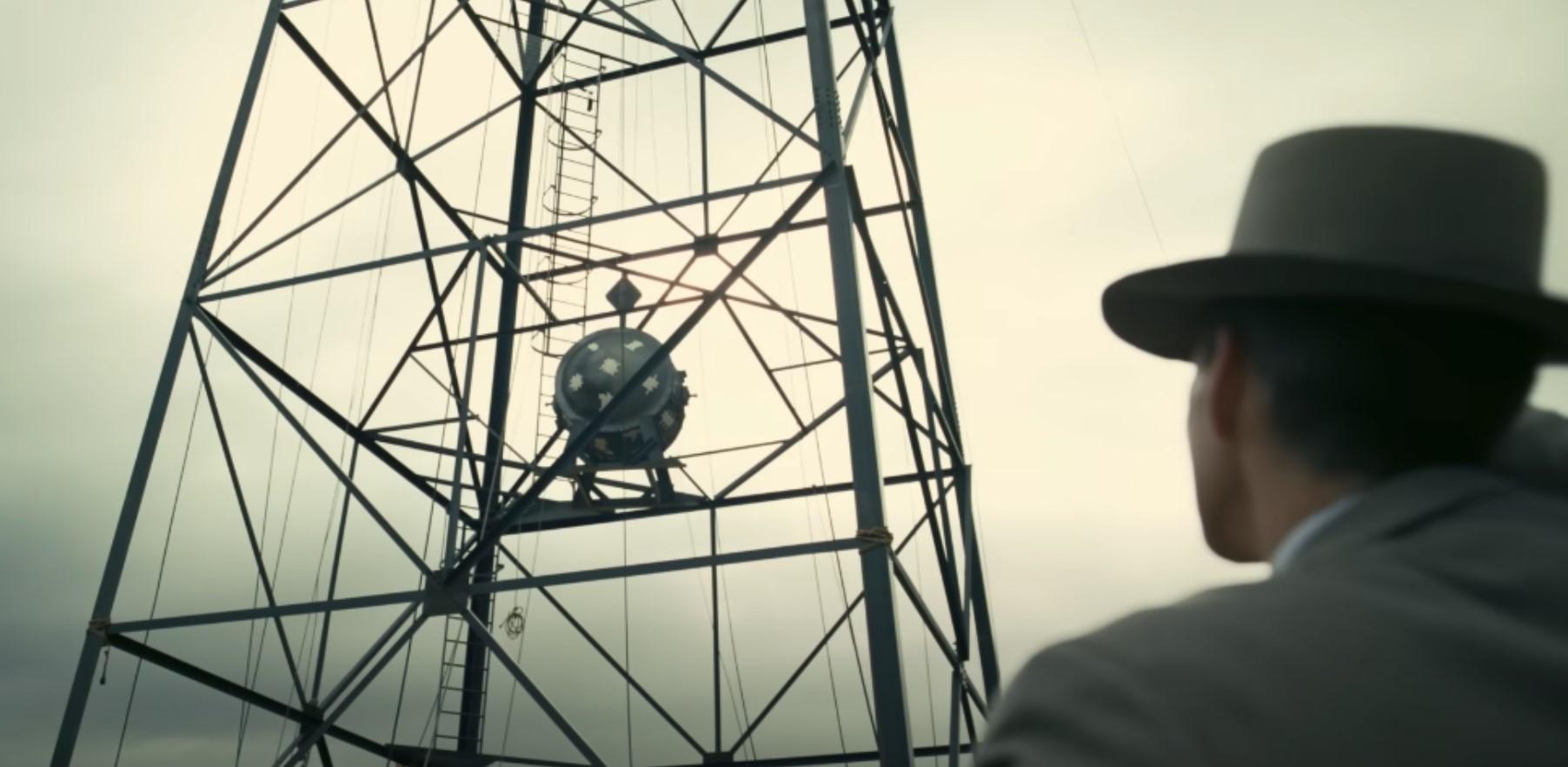
“In the movie, they make it seem like that the reason they’re using the bomb is because they don’t want to invade Japan, and that’s just not actually how it was discussed at the time,” said Weller (per Business Insider).
Weller added, “That’s an after-the-fact rationalization that was created later.”
Oppenheimer Didn’t Meet with Einstein
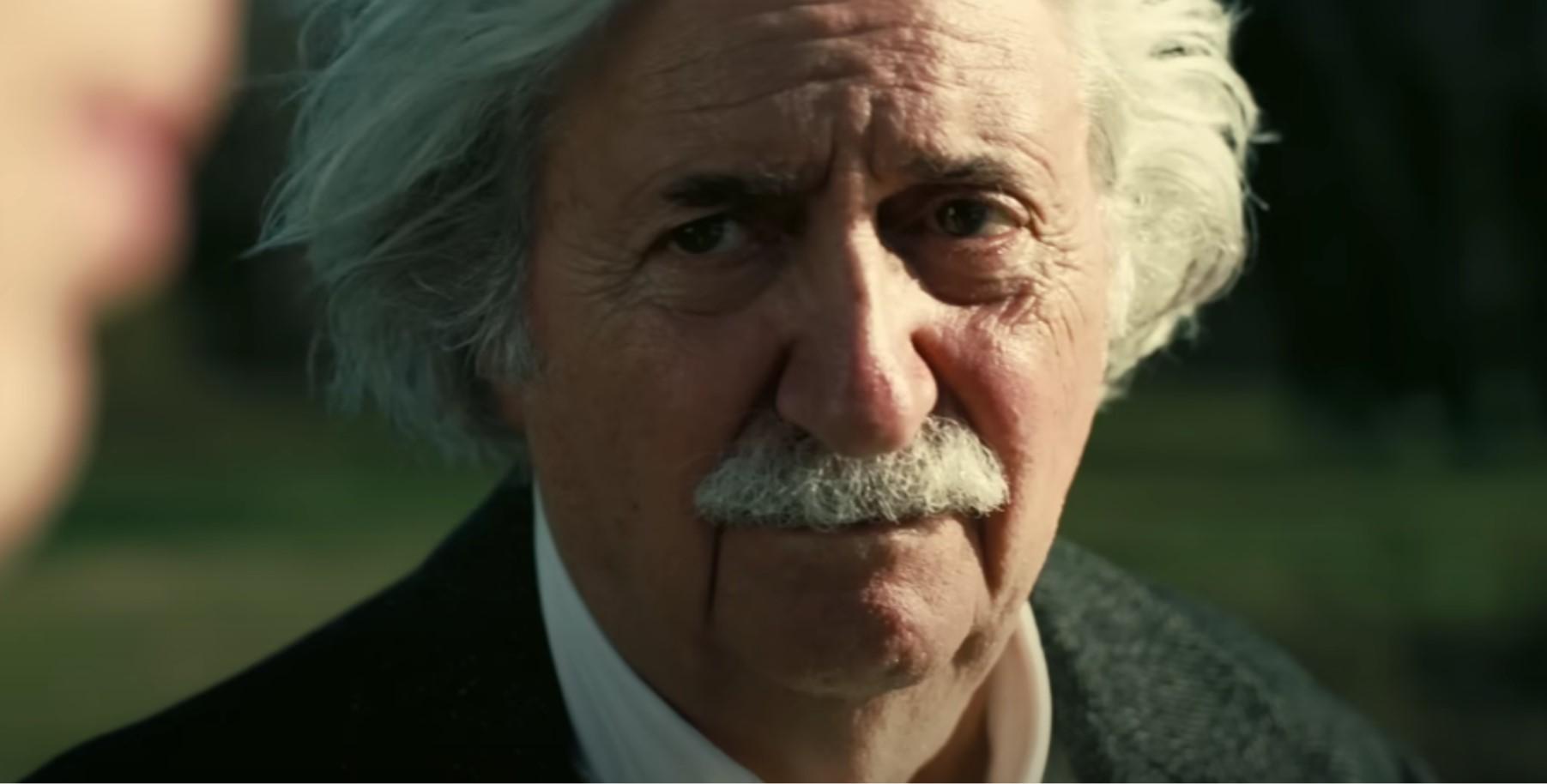
One popular scene in the movie shows Oppenheimer meeting with Albert Einstein after receiving worrying calculations from Edward Teller.
Teller, who later invented the hydrogen bomb, suggested an atomic explosion could ignite the Earth’s atmosphere, resulting in cataclysmic consequences.
Oppenheimer Turns to Compton for Help

Instead of Einstein, Oppenheimer actually sought advice from the revered American physicist Arthur Compton, according to “American Prometheus.”
“Einstein wouldn’t have been any good for that anyway,” said Wellerstein. “It’s the wrong kind of science.”
Oppenheimer Wasn’t Opposed to a Hydrogen Bomb
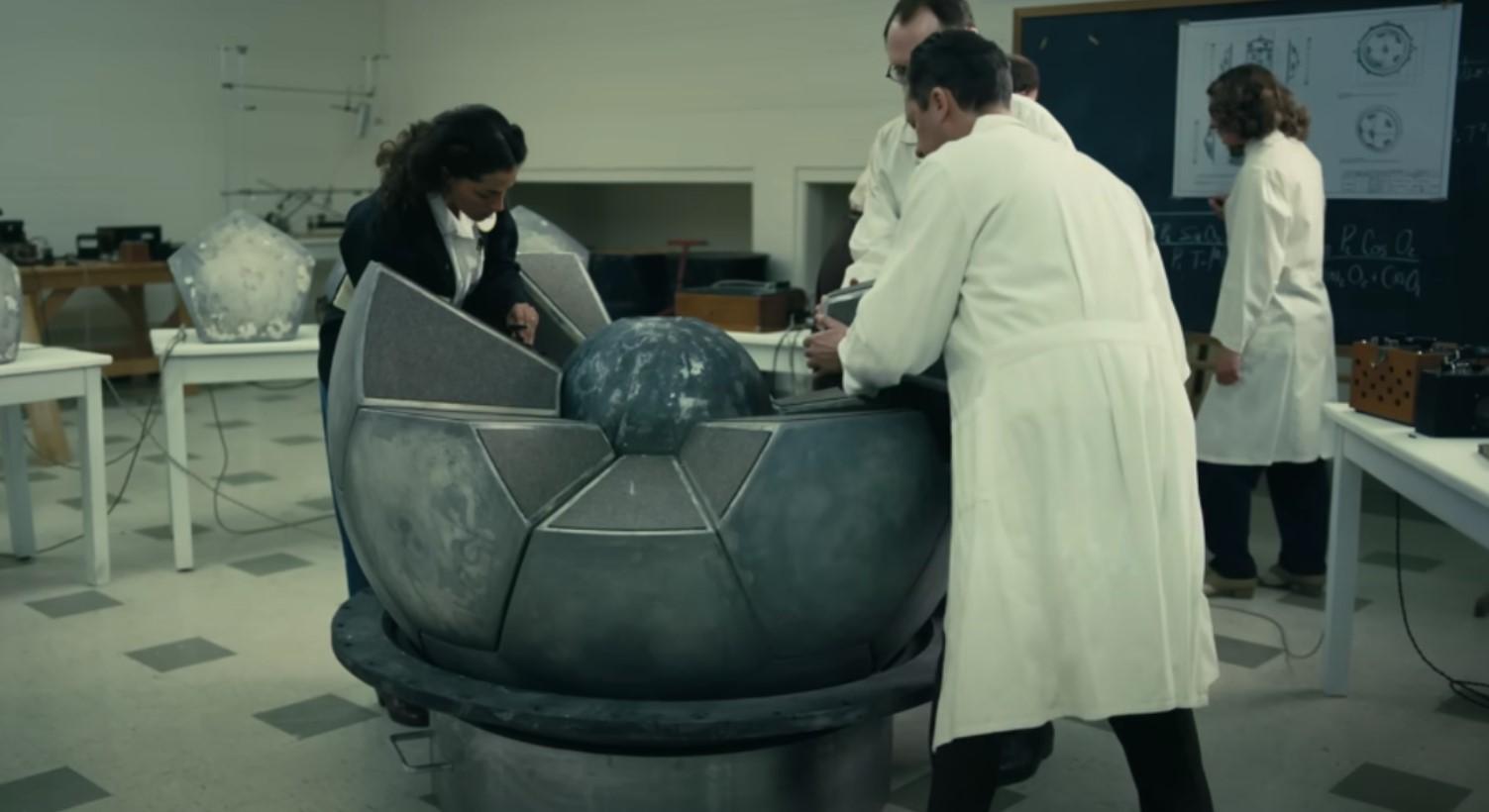
Throughout the movie, hints suggest Oppenheimer greatly opposed the idea of a hydrogen bomb and didn’t value the research of Teller, who would go on to create it.
While Oppenheimer was hesitant, as he believed weapons development would be limited after the war, he wasn’t necessarily against the idea of a hydrogen bomb.
Oppenheimer Was Pleased with Teller’s Breakthrough
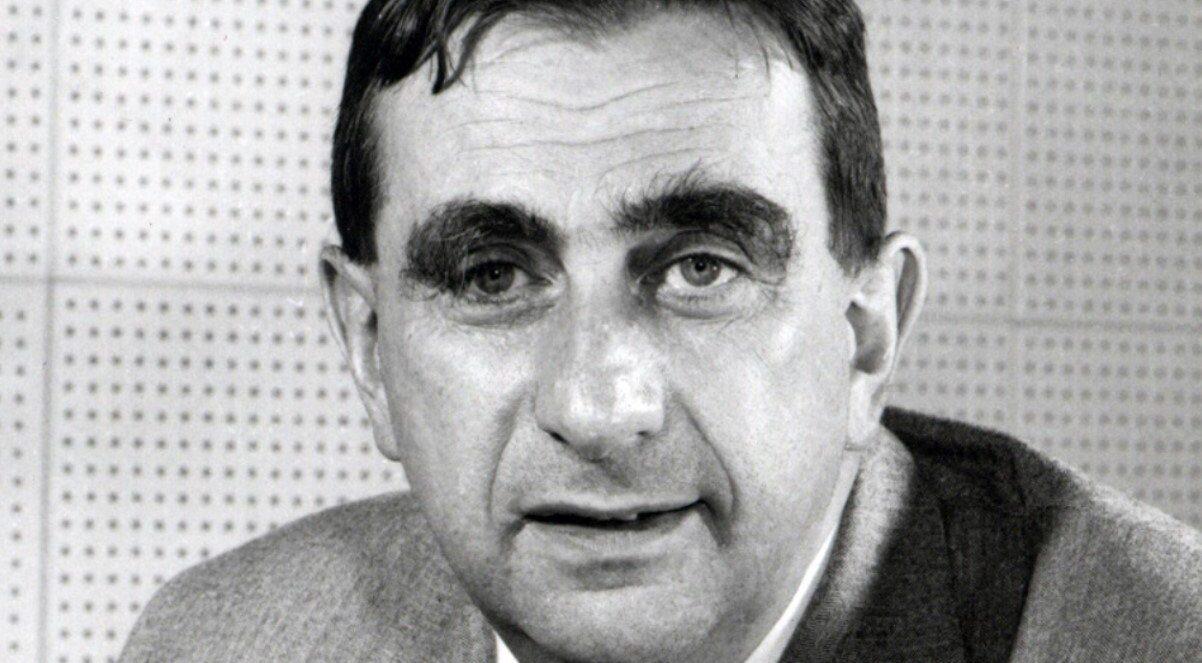
According to Wellerstein, “He’s not saying he doesn’t make weapons, he’s saying, ‘Let’s make more of the weapons we already have and not waste material on weapons that might not work.'”
This was later backed up by AEC commissioner Gordon Dean, who claims Oppenheimer was “almost thrilled” after Teller and Ulam made headway in their work.
Narrowing Down the Destinations for an Atomic Attack

Nolan’s 2023 film touches on the sensitive topic of how U.S. officials decided which cities in Japan would be chosen as targets for the atomic bombs.
“Oppenheimer” leads viewers to believe Kyoto was spared as the U.S. Secretary of War, Henry Stimson, had enjoyed his honeymoon there.
Kyoto Taken Off the List of Targets

In one scene, Stimson is heard saying Kyoto shouldn’t be a target as it is of great historical and cultural significance. He then says he and his wife enjoyed their honeymoon there.
Yet, Wellerstein is under the impression that Stimson never visited Kyoto. “I don’t think he took a honeymoon there,” he said.
Nolan Brings Oppenheimer to Life

While the movie certainly got things wrong, some of the fictitious aspects, such as Oppenheimer’s meeting with Einstein, were used as a means to give viewers familiar faces to relate to.
Nonetheless, Nolan will rest easy at night knowing his adaptation of the life of Oppenheimer was received well by audiences around the world.

